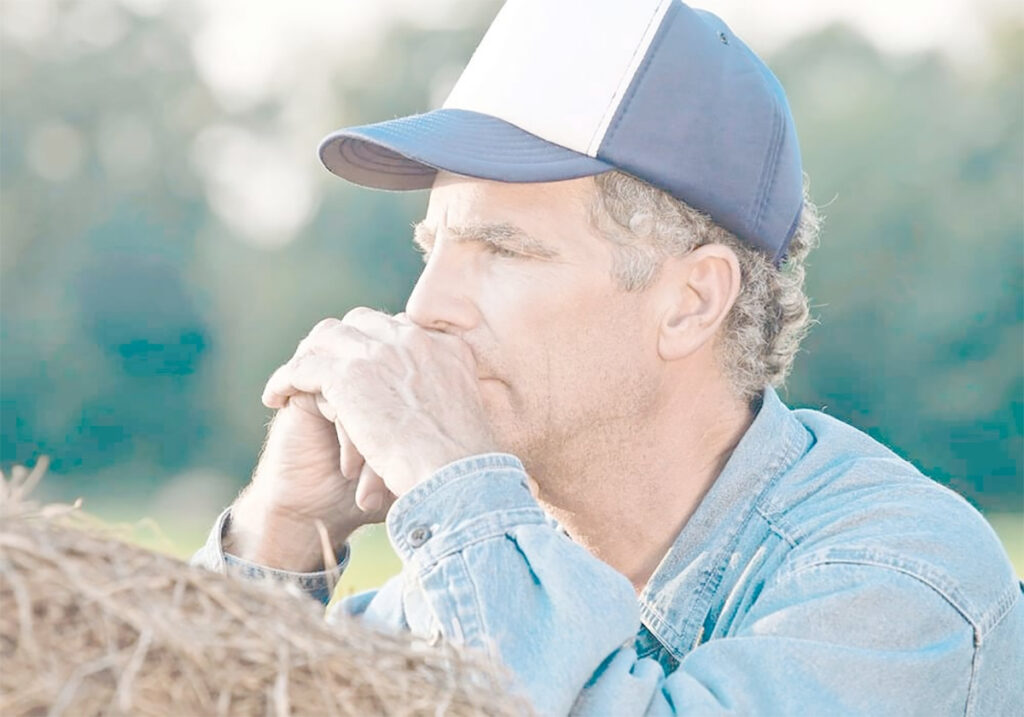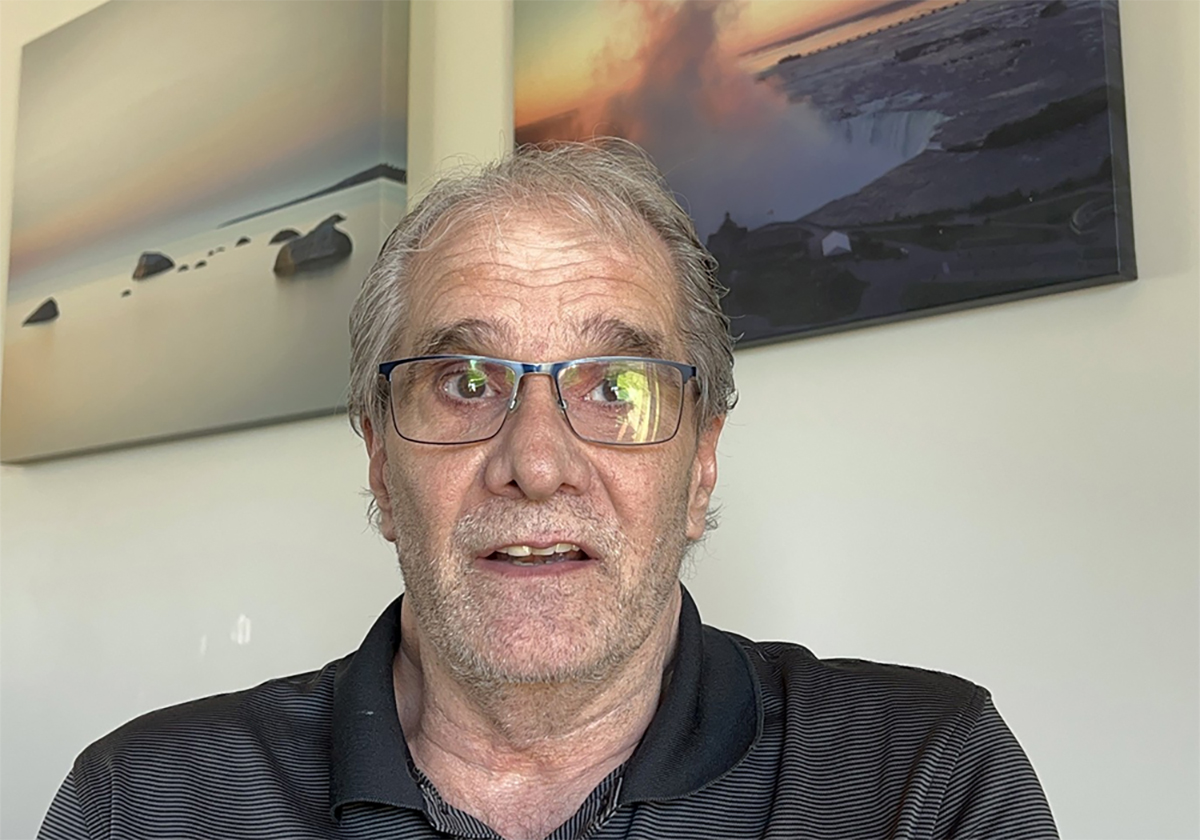What to do when worry takes over

Glacier FarmMedia – “I don’t tell my story because it’s unique. I tell it because it isn’t,” says Manitoba hog farmer Gerry Friesen.
A little over 20 years ago Friesen’s farm was in financial crisis after years of market volatility, tariffs and low prices. “At the time, my mind was working overtime, replaying worst case scenarios, questioning everything and painting pictures of a future I didn’t want to face,” he says.
Related story: How to win over your worry
Read Also


How to win over your worry
Glacier FarmMedia – Kathy Somers, who runs the Stress Management and High Performance Clinic at the University of Guelph, offers…
He was caught in a cycle of worry.
“My worrying was driven by uncertainty. But I’ve learned that worrying doesn’t prevent the hard stuff from happening. If anything, it makes the present harder to bear. The more we worry, the higher the anxiety gets,” says Friesen. “It’s a vicious cycle.”
And dealing with uncertainty makes it worse.
Friesen explains that we have a rational brain and an irrational brain. In times of uncertainty, it’s the irrational part that takes over.
To illustrate his point, Friesen shares the example of a farmer whose business was in a financial crisis. The farmer was dreading opening a bill for custom work. For weeks, the bill sat unopened while the farmer continued to worry about how high the bill would be. When he finally opened the bill, even though the amount was actually higher than he had anticipated, Friesen says the farmer was then able to address how he would pay the bill because now it was concrete.
Friesen has written a book called The Recovering Farmer: A Journey Through the Labyrinth of Anxiety and Depression. It’s part self-help book, part personal stories compiled from his 22 years spent farming.
Friesen also works in conflict management and mediation. He is the CAO of the Manitoba Farmer Wellness Program and was recently awarded the Mental Health Champion award by the Manitoba Pork Council.


Friesen regularly shares his story with those on a similar journey as well as some of the tools that helped and continue to help him today:
- Be self-aware: Friesen says he has found that it’s important to be aware of how stress is affecting him and to be proactive, to just deal with it.
- Practice self-care: This means getting exercise, eating right and getting enough sleep.
- Set realistic expectations: Friesen cautions that “farmers can be prone to thinking next week, next month, or next year will be better.” Friesen says that help can come in the form of a business advisor who could provide objectivity when you’re trying to put realistic plans in place.
- Seek help: Friesen recommends talking to others. At first, stigma kept him from sharing his situation with others, but after he shared what was going on with an empathetic neighbour who just listened, he learned that talking about it helped. He says that help can also come from a mental health counsellor. “It’s never been easier to get help. Take advantage of it,” he says.
While there’s always something that needs to be done on the farm, Friesen emphasizes the need to prioritize mental health. “Don’t put it off,” he says. “Reaching out for help is an indication of strength.”
Source: producer.com


